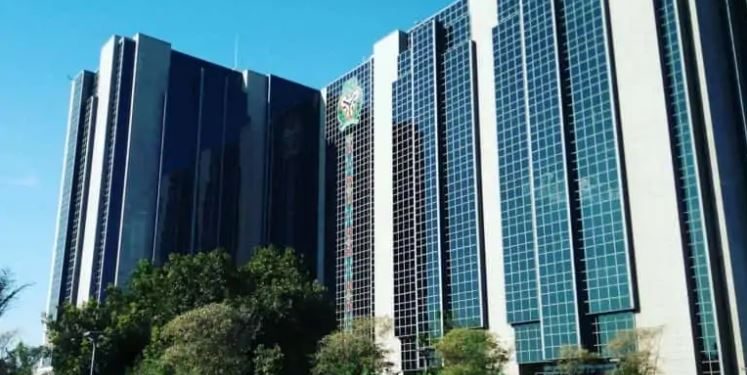The Central Bank of Nigeria (CBN) has officially lifted the suspension on the Standing Lending Facility (SLF), a vital mechanism that allows banks to manage their short-term liquidity needs. This announcement comes in the wake of decisions made by the Monetary Policy Committee (MPC) during its 296th meeting, which saw several significant adjustments to monetary policy rates.
New Operational Guidelines for Authorised Dealers
In a statement issued by Dr. Omolara O. Duke, Director of the Financial Markets Department, the CBN provided detailed operational guidelines that authorized dealers must now adhere to. Among the key changes is the authorization for dealers to access the SLF at a new interest rate of 31.75 percent, a substantial increase from previous levels. This adjustment reflects the CBN’s ongoing efforts to effectively manage liquidity within the banking system.
To avoid potential “systemic gridlock,” the CBN has introduced a provision that allows dealers to access the Intraday Liquidity Facility (ILF) at no cost, provided that the borrowed funds are repaid within the same day. This measure is designed to ensure the smooth functioning of the financial markets while preventing additional financial burdens on banking institutions.
Implications for the Financial Markets
The lifting of the SLF suspension and the introduction of these new guidelines signal the CBN’s commitment to maintaining stability and efficiency in the Nigerian financial markets. By adjusting the interest rates and providing cost-free access to the ILF under specific conditions, the CBN aims to enhance liquidity management among banks, ultimately supporting the broader economy.
As the CBN implements these revised operational guidelines, banks are expected to navigate the updated framework effectively, ensuring that liquidity management remains robust and responsive to the needs of the financial system. The reinstatement of the SLF, coupled with the strategic measures to prevent systemic disruptions, underscores the















